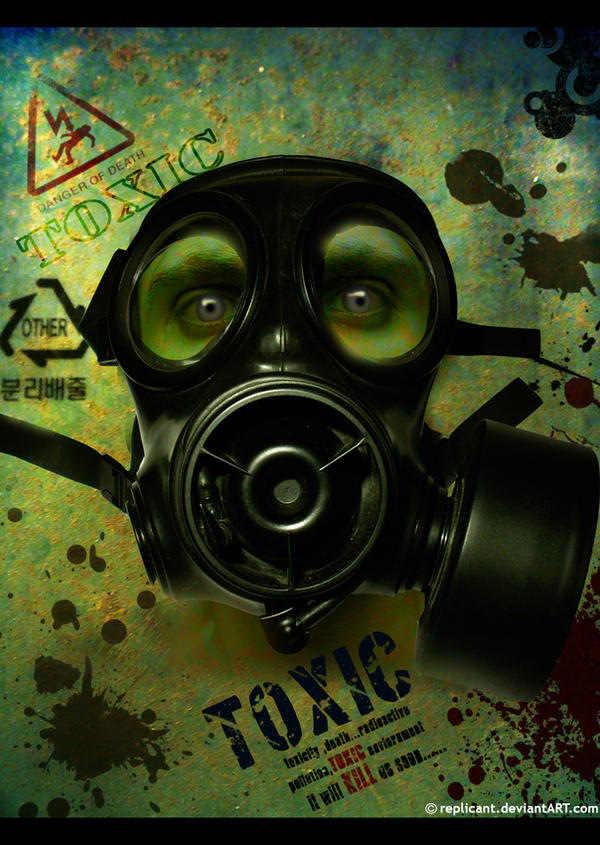Education plus blogging = EDUBLOG. A blog whose main purpose is to impart knowledge and share what we have learned for the benefit of others.
So what did I learn in writing my blog?
So what did I learn in writing my blog?
1. Writing is CHALLENGING (for some)
Maybe for some, especially those that have the "natural" talent in writing would not have a hard time thinking of what to write, what appropriate things to say, and how to apply metaphors for further understanding of a certain topic.
2. Writing is NOT JUST COPY PASTE, then PUBLISH
Nope, we could not do this, ever heard of
3. MAKE SURE YOU UNDERSTAND WHAT YOU WRITE.
What you write should not just be understood by your readers, you too should understand what you wrote. Writing something you don't understand could mean that potential future readers could also not understand anything and will be a completely waste of time.Write as if you are also a person looking for facts and a better explanation of the subject he or she wishes to learn more about
4. CONNECT WITH YOUR READERS
You may not know who your readers are but still make sure that they could easily comprehend and understand what you wrote. Connect to your readers in such a way that you think of possible common experiences among you and your readers that are still related to the subject of your post
5. NEVER WRITE SOMETHING JUST BECAUSE YOU NEED TO instead...
Write something because you want to, wanting to write about a subject often yields more interesting facts about the subject of your post
6. IT REQUIRES PERSEVERANCE
Reading tons of books about the subject you are about to write requires time, patience and understanding. It could take a lot of your time especially when you are in the constructing process.
7. YOU ARE ABLE TO LEARN MORE AND UNDERSTAND THE SUBJECT OF YOUR POST
8. THERE IS NOTHING BETTER IN BEING ABLE TO SHARE WHAT YOU KNOW TO OTHERS THAT NEEDS THE INFORMATION AS WELL.
Enough said! ;)
9. THANK THE PEOPLE WHO HELPED YOU IN CONSTRUCTING YOUR BLOG OR CONVINCED YOU TO CREATE A BLOG
With this said, I would like to thank the different authors of the book, and the websites that have been used in the edublog and of course, our professor, MRS. VIRGINIA GACES who convinced us to create our own blog, as this will benefit us and not just other students.
"Education is not the filling of a pail, but the lighting of a fire" - William Butler Yeats









